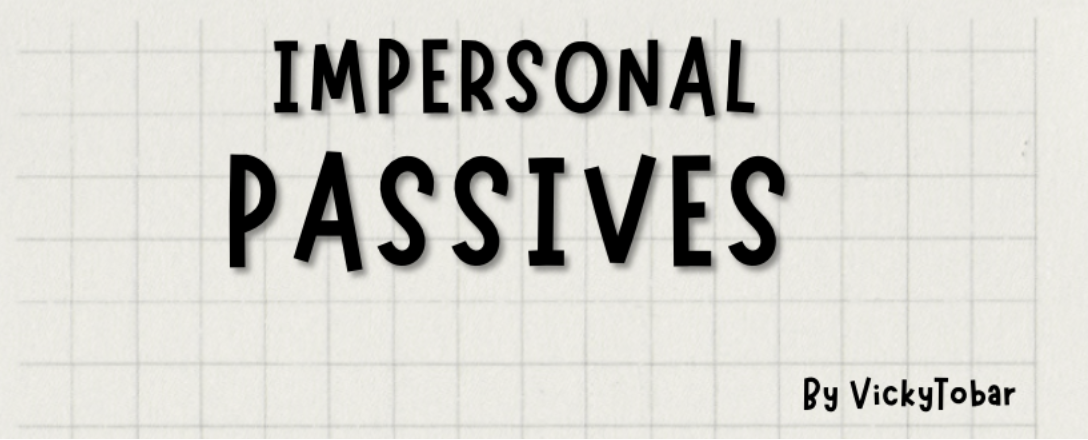🔁 Double Trouble: Repeated Binomials in English
0 Comentarios en 🔁 Double Trouble: Repeated Binomials in English
Hoy, 17 de junio, os traigo una curiosidad lingüística muy divertida: los binomials con repetición. ¿Sabes esas expresiones en inglés donde se repiten palabras o suenan muy parecidas? Se usan muchísimo para hablar con naturalidad, enfatizar o dar ritmo a la frase. Let’s double up and explore these expressions together! 🧠✨ 📌 Vocabulary:…
False Friends – Beware of These Misleading Words!
0 Comentarios en False Friends – Beware of These Misleading Words!
Hoy, 24 de abril, vamos a descubrir un tema que siempre sorprende: los false friends.Son palabras que se parecen al español… pero NO significan lo que creemos.Y pueden causar malentendidos muy divertidos (¡o muy incómodos!). 😅 Let’s dive in and clear things up! 😉 📌 False Friends comunes 🟢 Actually ≠ Actualmente👉 Actually significa “en realidad” / “de hecho”.🗣️ Actually,…
How can I learn English vocabulary fast?
0 Comentarios en How can I learn English vocabulary fast?
We all want to learn a language quickly and easily. To learn English, it is necessary to have and be familiar with vocabulary. Without vocabulary, you may struggle to formulate certain questions and sentences, which is why mastering it is crucial. The most common tips for learning English quickly and…
How can I say «I don’t understand what you’re saying» in English?
0 Comentarios en How can I say «I don’t understand what you’re saying» in English?
Are you being spoken to in English and you don’t know what they’re saying? This summer, we might find ourselves in situations like these if we travel abroad. Below, we provide you with a series of phrases to use in order to help you understand what they’re saying: I’m sorry,…
Grammar Lesson: Impersonal Passives
0 Comentarios en Grammar Lesson: Impersonal Passives
The Impersonal Passive Voice is a type of construction that is used with great frequency by the media, especially in news writing. Unlike the Personal Passive Voice, where the direct object of the active sentence happens to occupy the place of subject in the passive sentence -for which a transitive…





